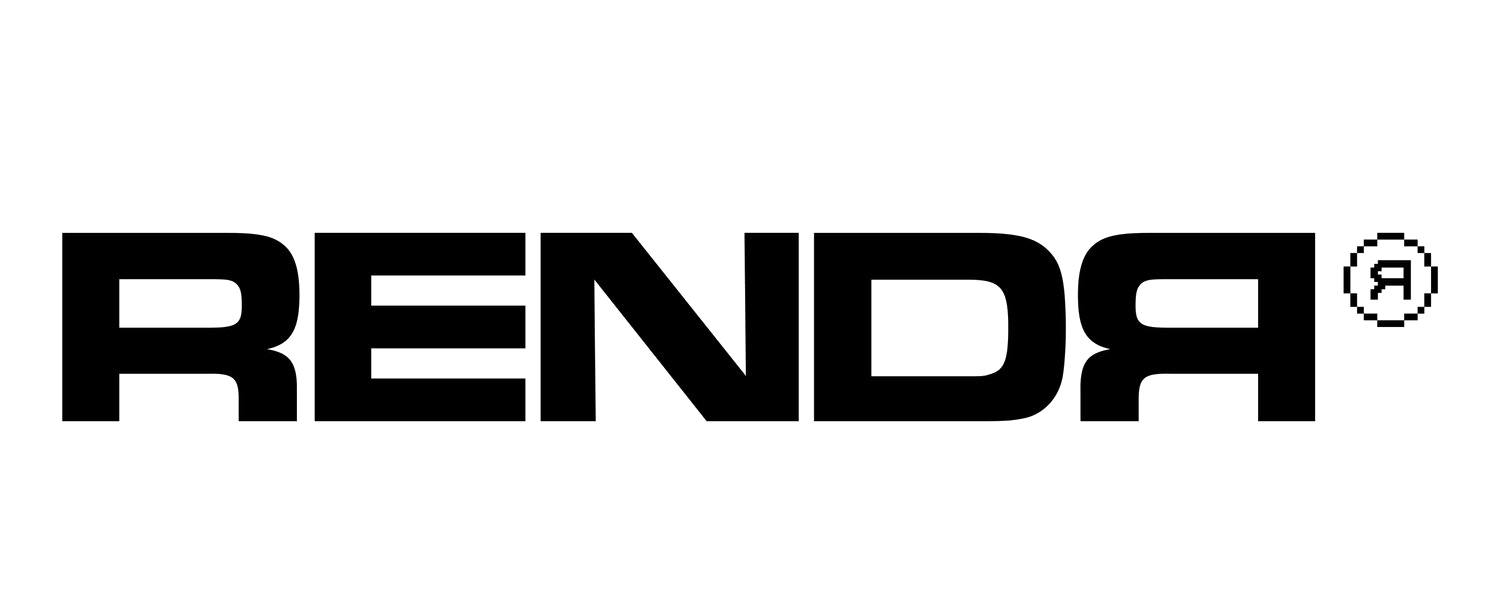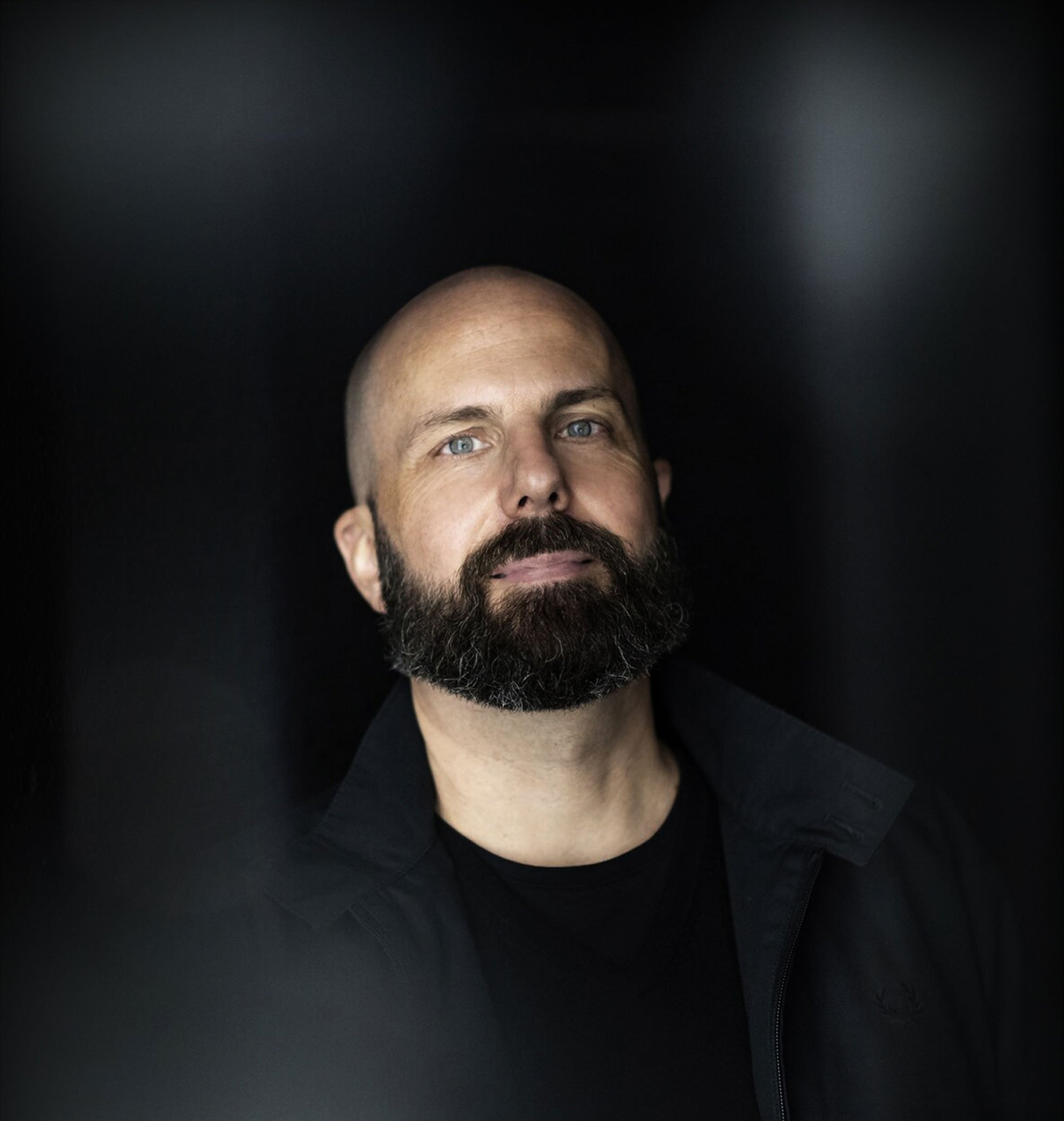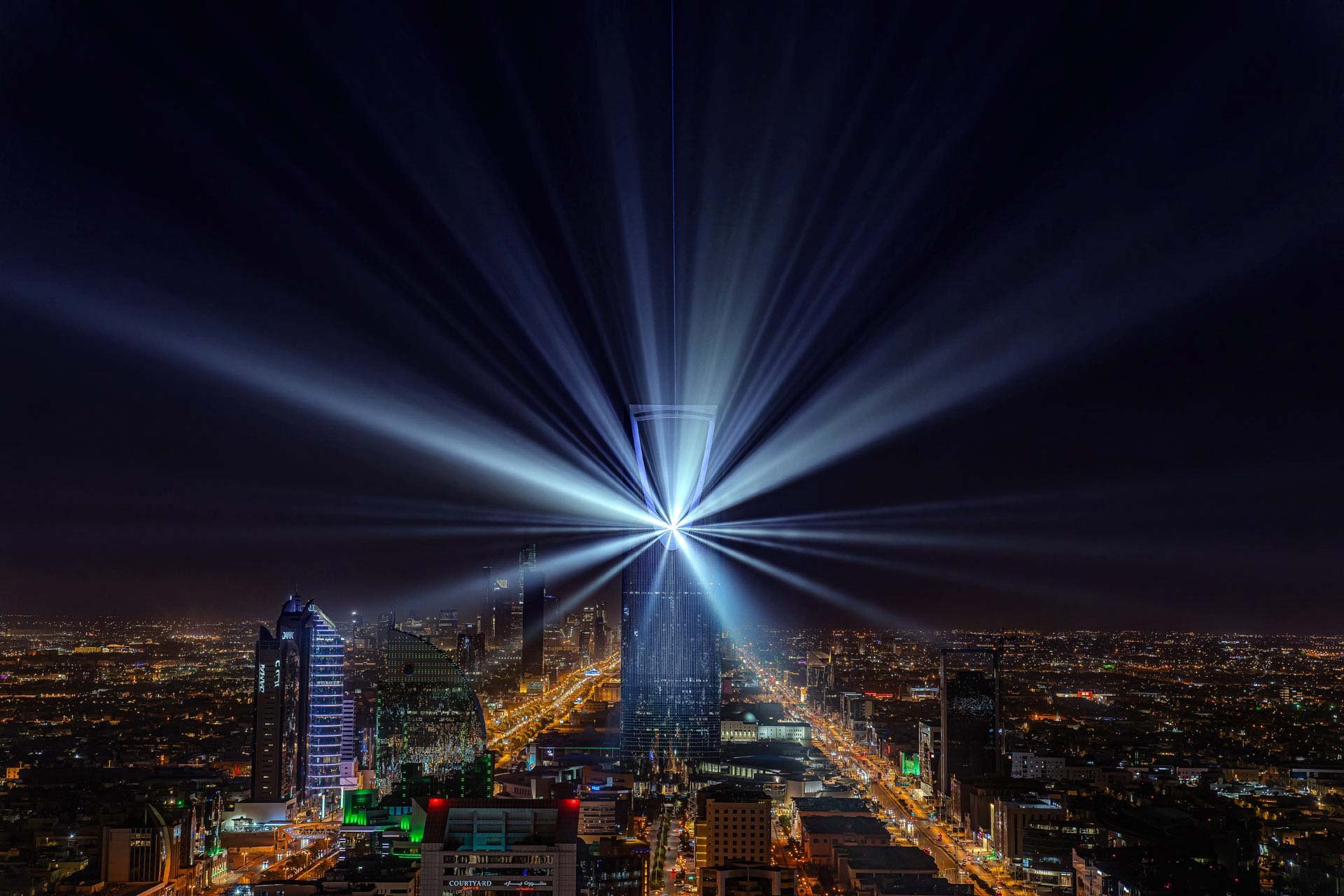
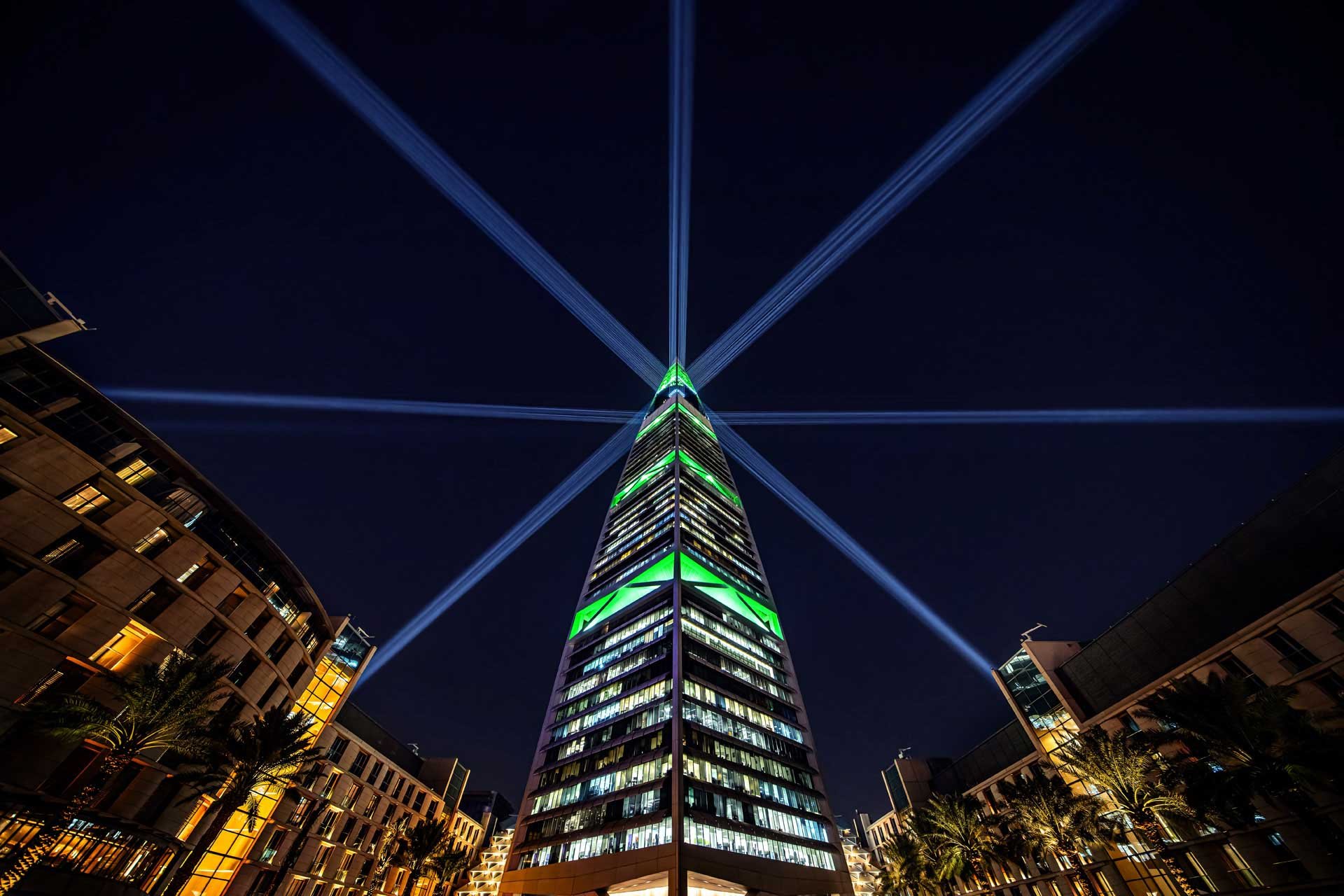
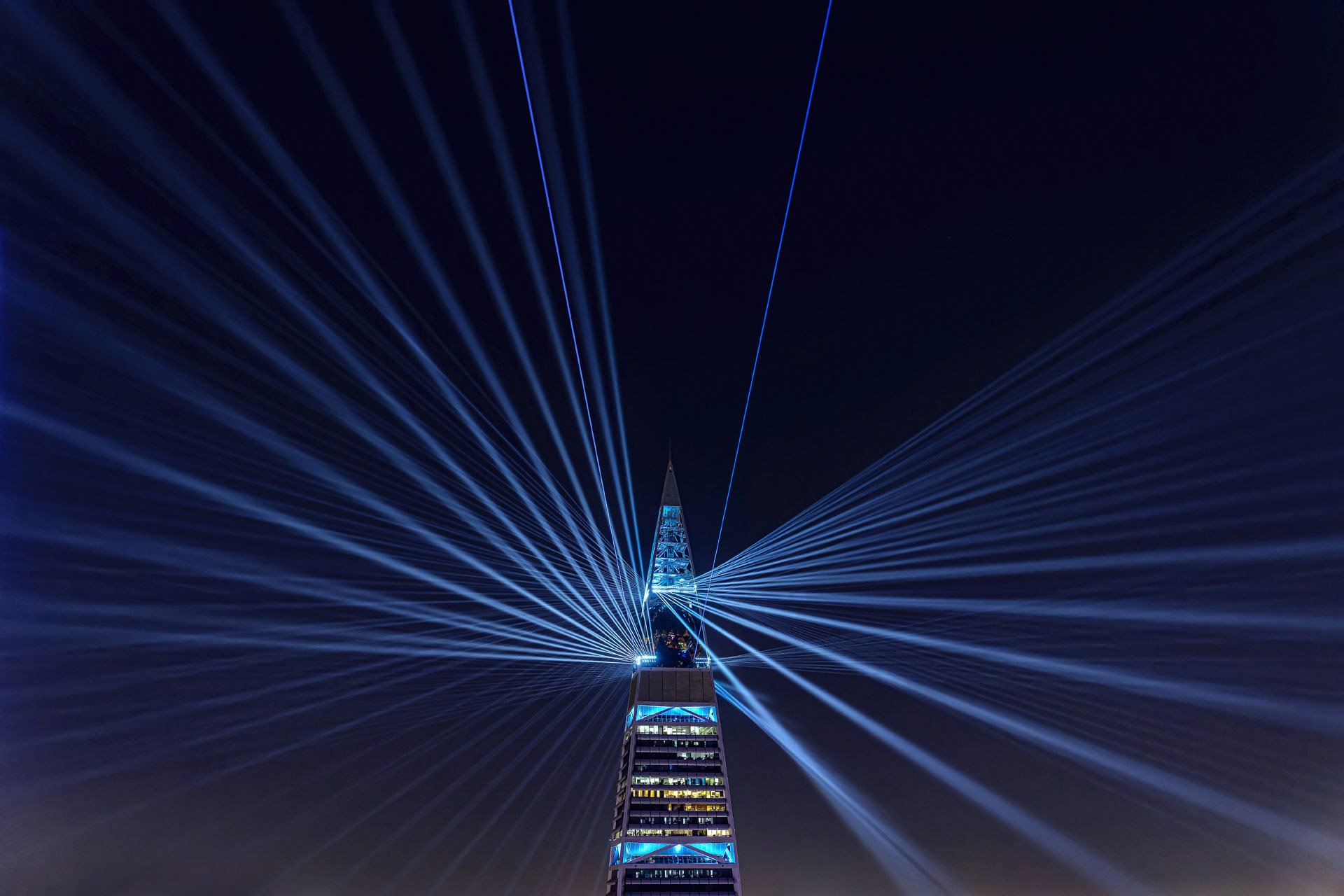
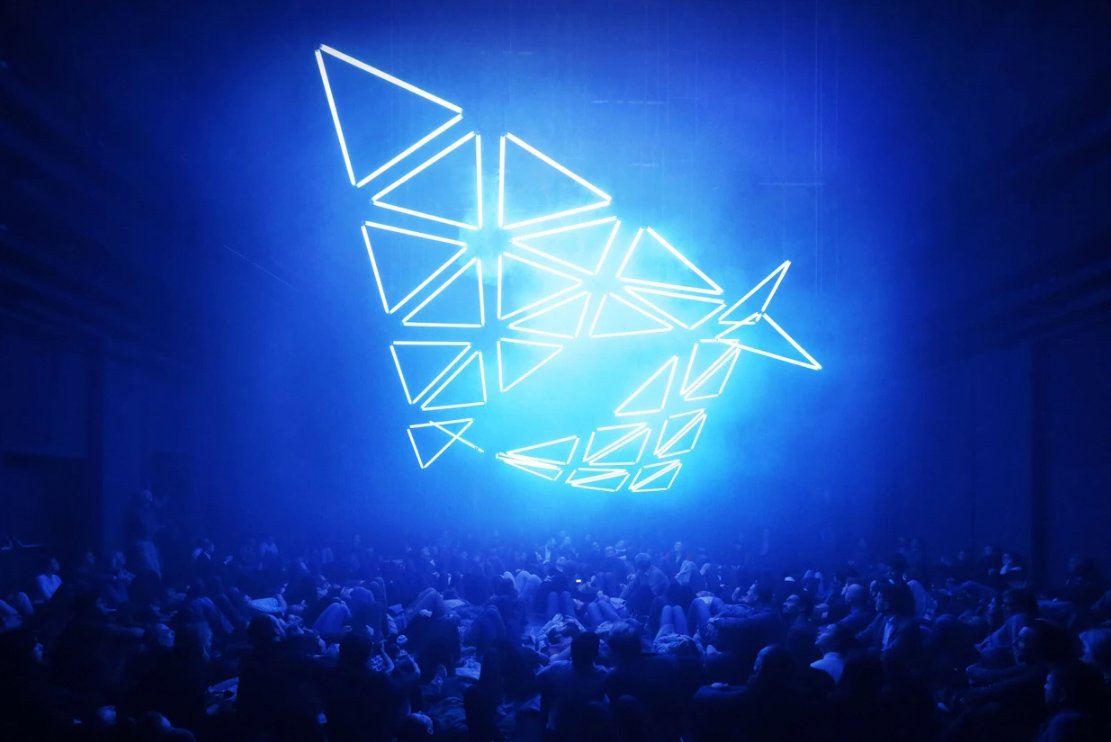
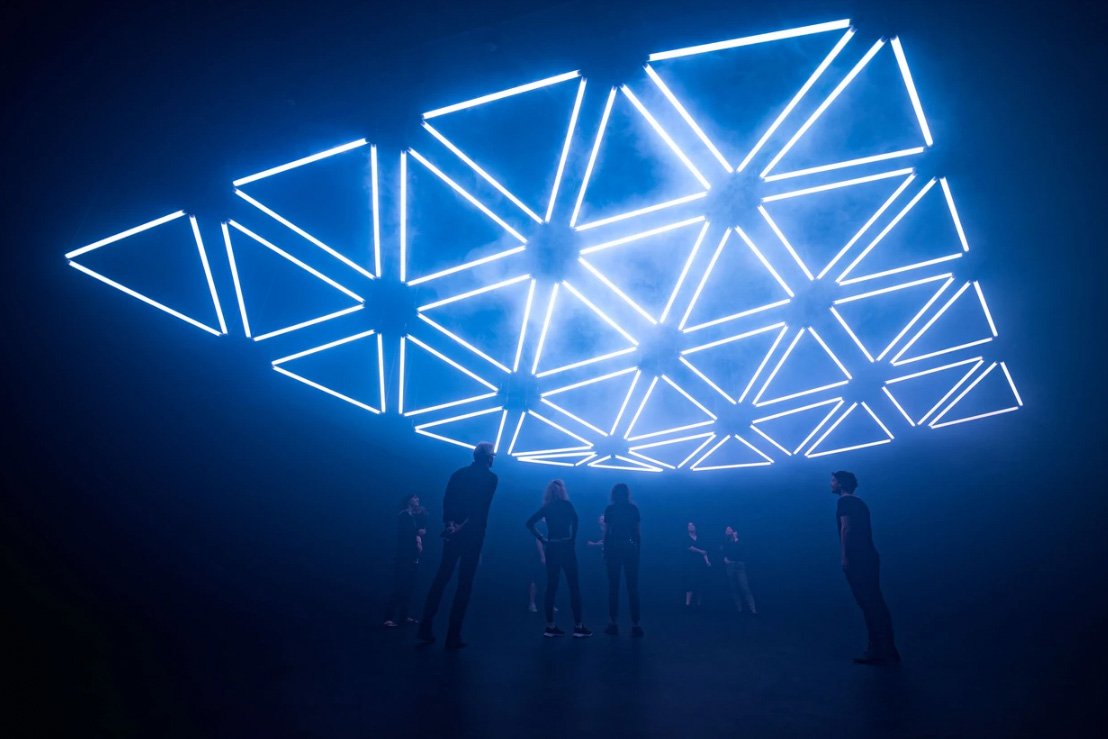
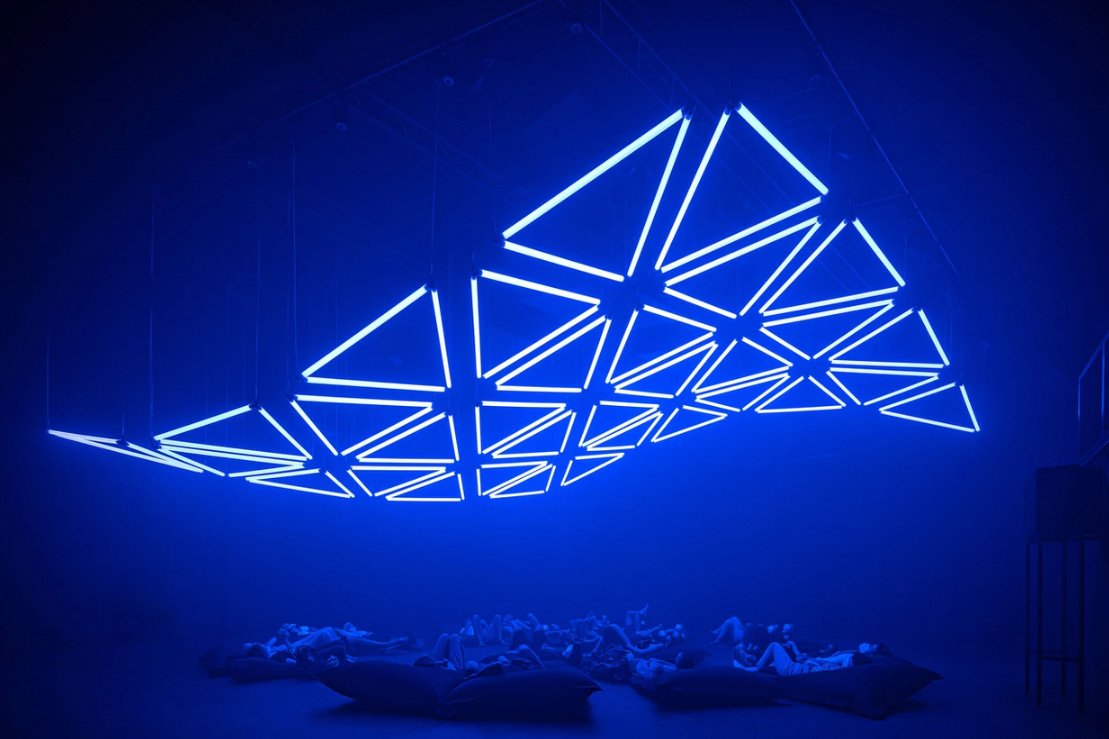
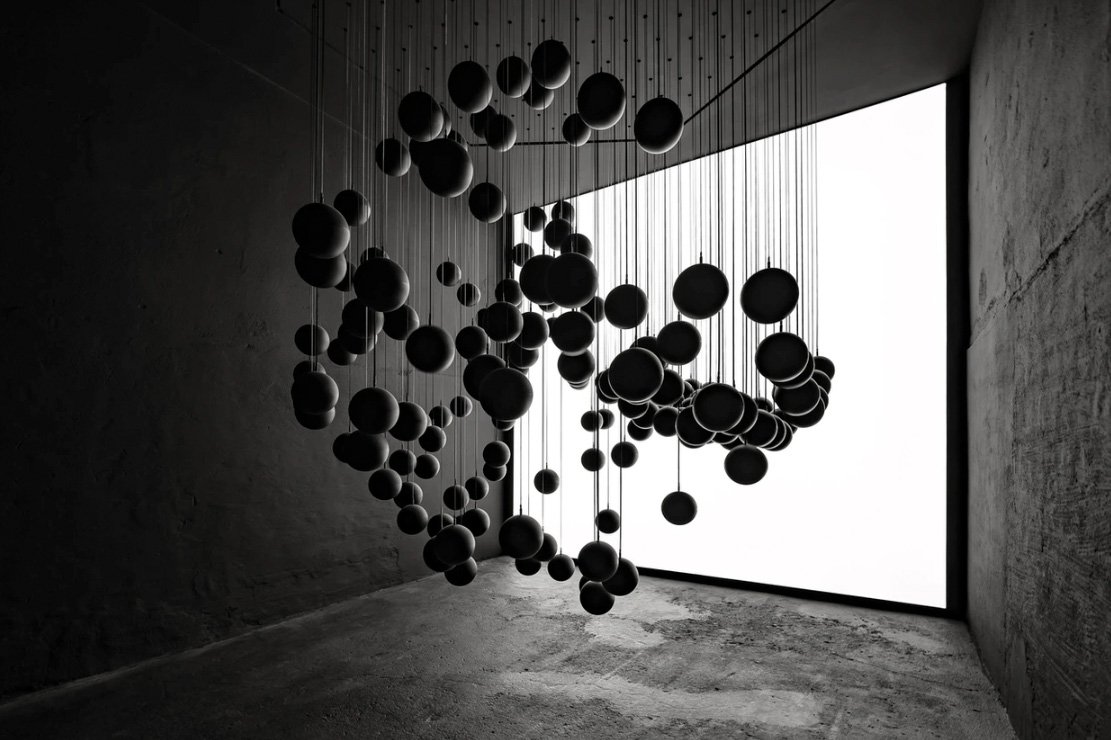
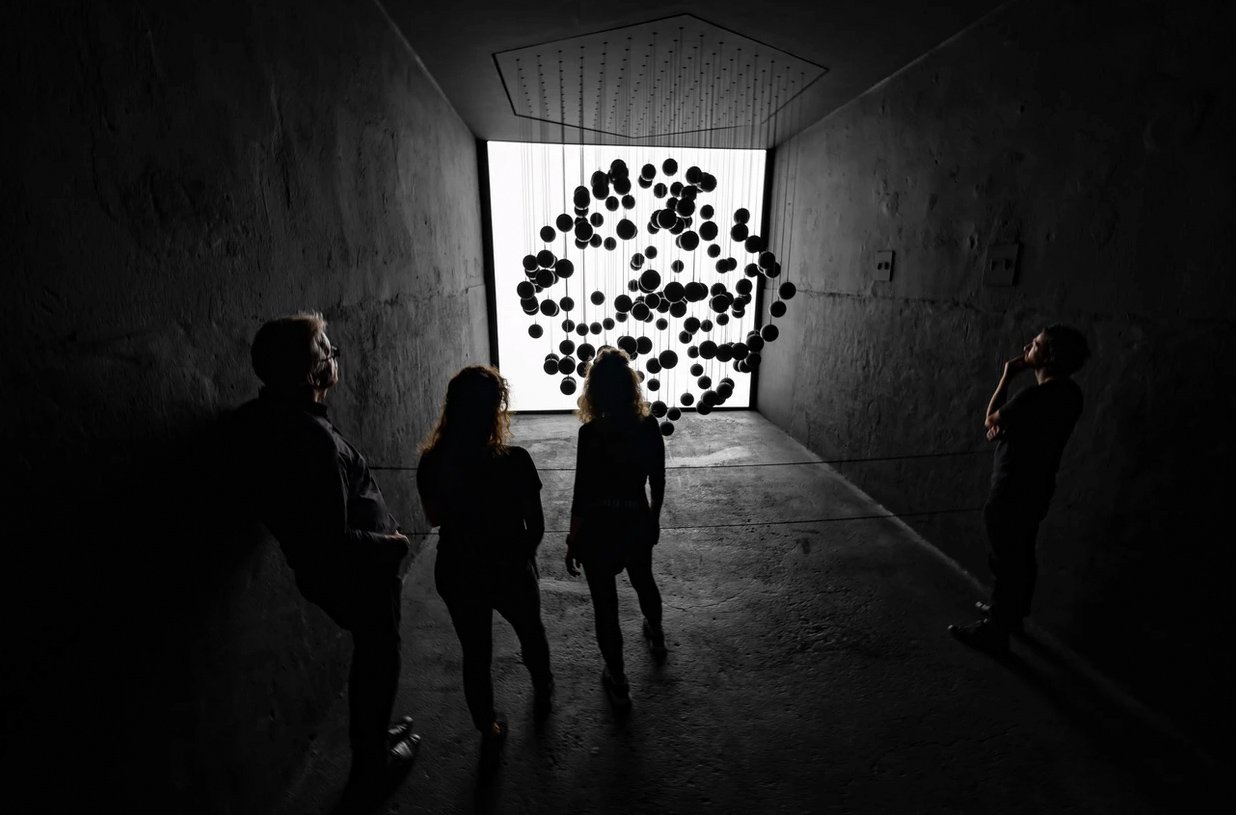
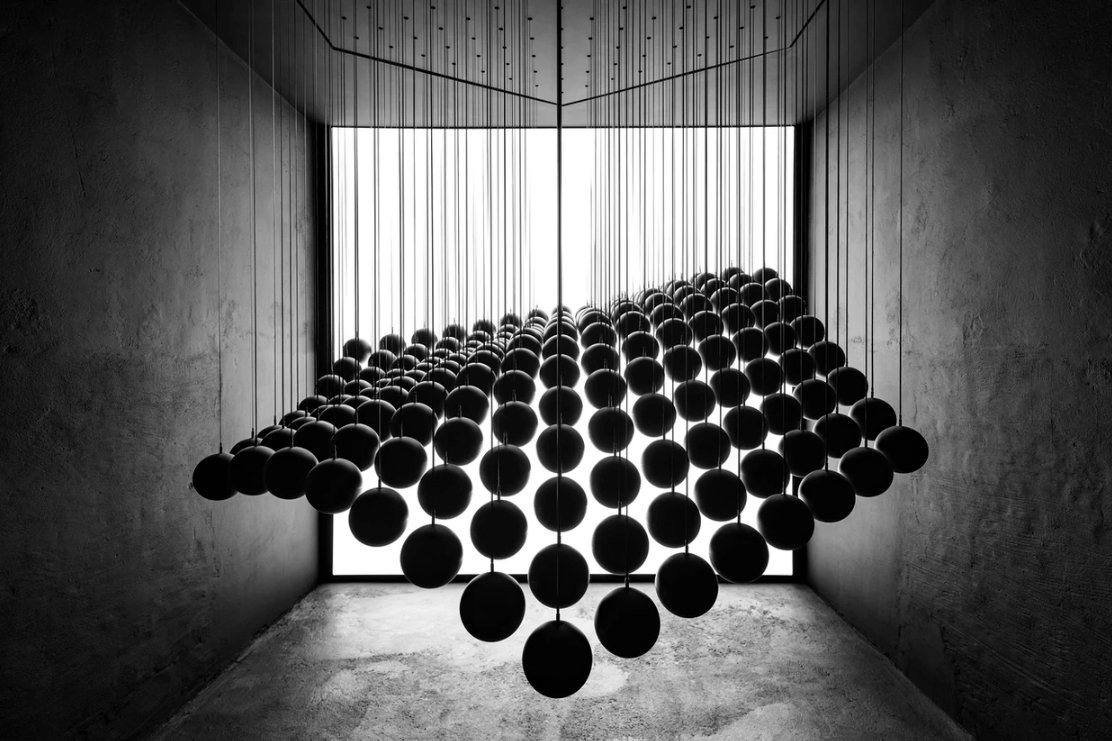
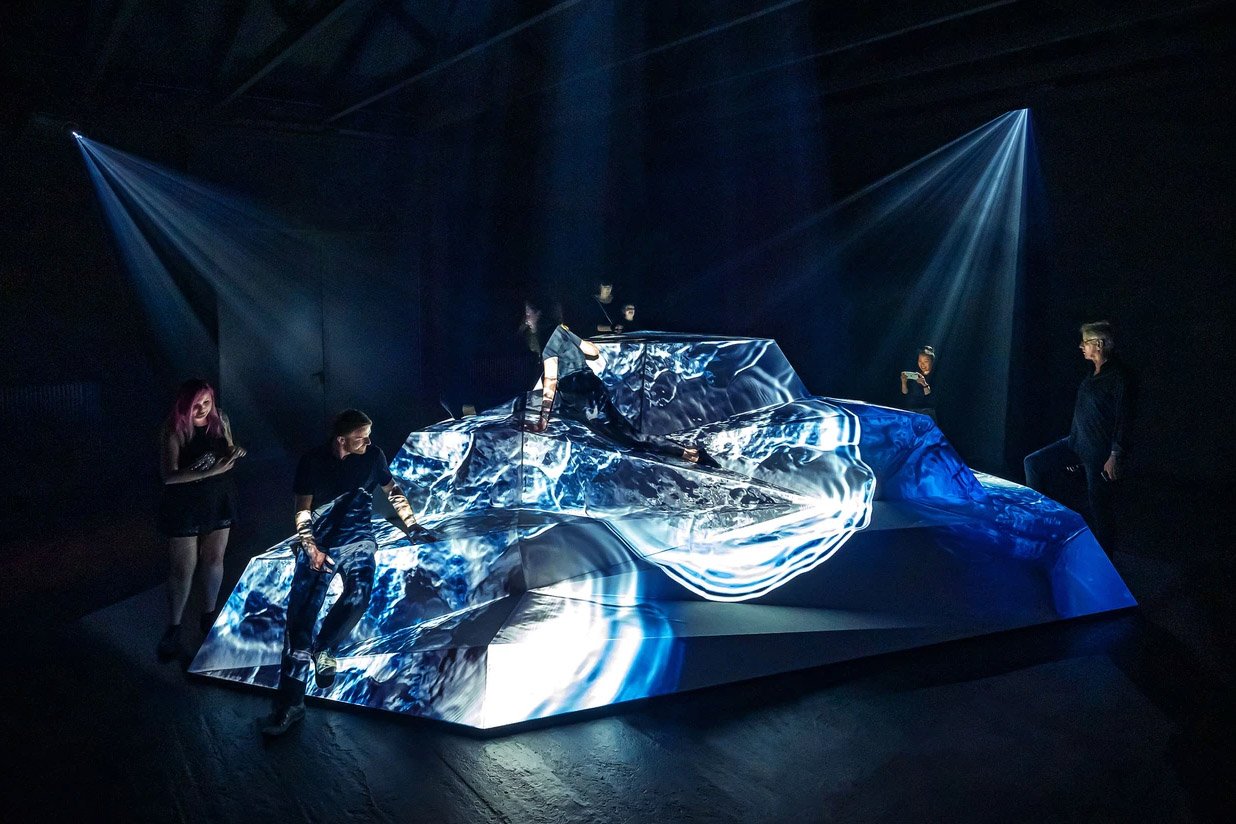
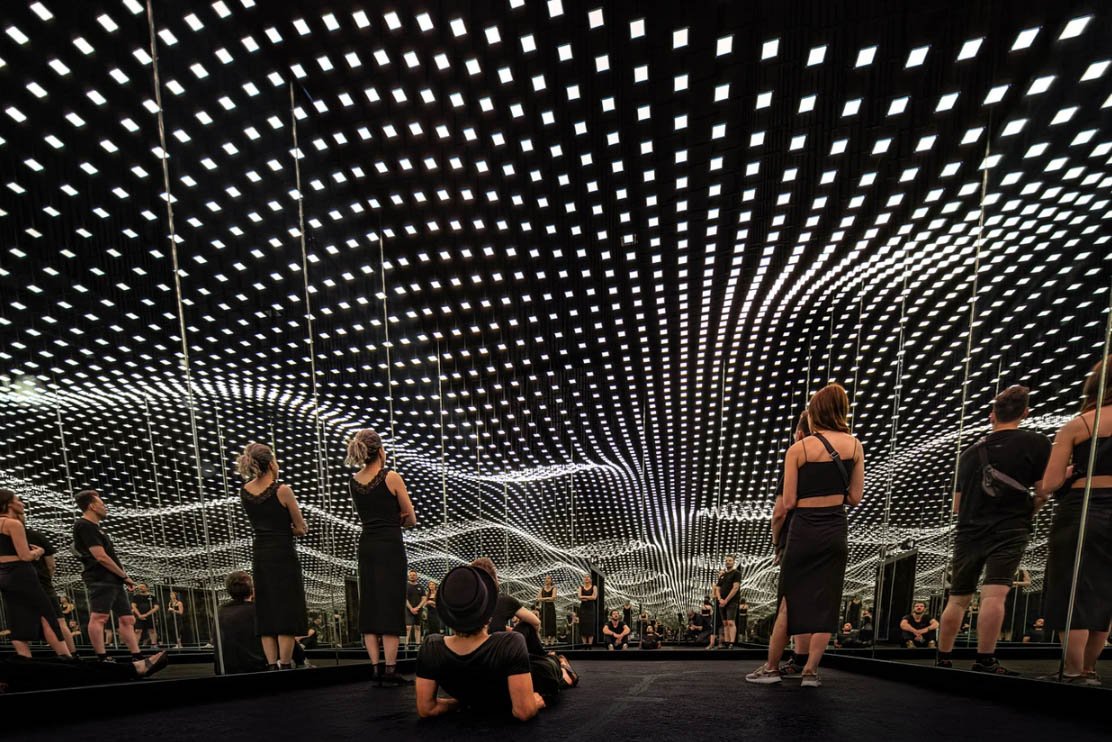
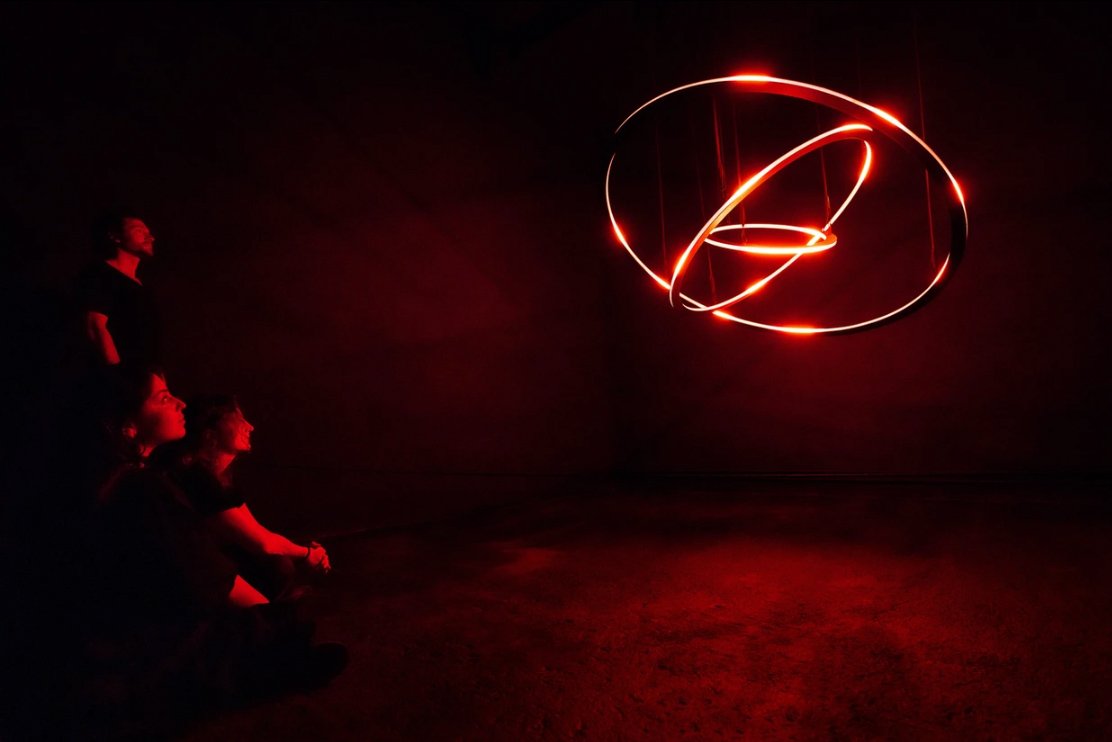
Christopher Bauder
Christopher Bauder (born 1973) started creating large scale spacial art installations and lighting design after finishing his studies in the Digital Media Class at the Berlin University of the Arts. His projects focus on the translation of bits and bytes into objects and environments and vice versa. Space, object, sound, light and interaction are the key elements of his work.
In 2004 he founded the multidisciplinary art and design studio WHITEvoid as a necessity to realize his large scale art and design pieces and environments. The studio is comprised of specialists in interaction design, media design, product design, interior architecture and electronic engineering. In 2013, Bauder founded KINETIC LIGHTS specialising in engineering and manufacturing professional kinetic lighting equipment.
He is best known for his city-wide light art installation “Lichtgrenze”, created in 2014 together with his brother Marc, for the 25th anniversary of the Fall of the Berlin Wall.
Christopher Bauder, WHITEvoid and KINETIC LIGHTS have already exhibited their instal- lations and performances in many places around the world, including the Centre Pompidou in Paris, MUTEK Festival Montreal, CTM and Transmediale Berlin, Festival of Lights Lyon, National Taiwan Museum of Fine Arts and the National Center for the Performing Arts in Beijing. His latest project SKALAR, conceived alongside music producer Kangding Ray, has already received more than 200.000 visitors in Berlin, Zurich, Amsterdam and Mexico City.
In 2020, he launched DARK MATTER Berlin. This permanent exhibition of Bauder’s work opened in June 2021 and attracted already more than 120.000 visitors in its first months.
His projects have received worldwide recognition and have won several awards including the German Lighting Design Award, the Design Award of the Federal Republic of Germany, the Cannes Lions, the Red Dot Design Award and the iF Communication Design Award.
